Donors claimed they would fix Fabienne Jean’s body. They broke her heart instead.
German authorities looked the other way as a right-wing terrorist cell went on a seven-year killing spree. Now they won’t look in the mirror.
Read: Foreign Policy Magazine
As featured on Longform

A senior member of the Medellín cartel conned American and Swiss authorities, framed the Mexican president’s brother, destroyed a private Swiss bank, and brought down the Attorney General of Switzerland.
And they let him walk free.
In fact, they paid him to do it. Law enforcement agencies across the globe are giving millions of dollars to criminal informants, creating a system where–for big fish like José Manuel Ramos–crime truly does pay.
Read: The Economist’s 1843 Magazine
A Vespucci Story, with Swiss journalist Daniel Ammann
American evangelicals’ antigay gospel forced him to flee Uganda. Then Christians in California offered him a home. A refugee’s story, in words and pictures.
Read: The Atavist
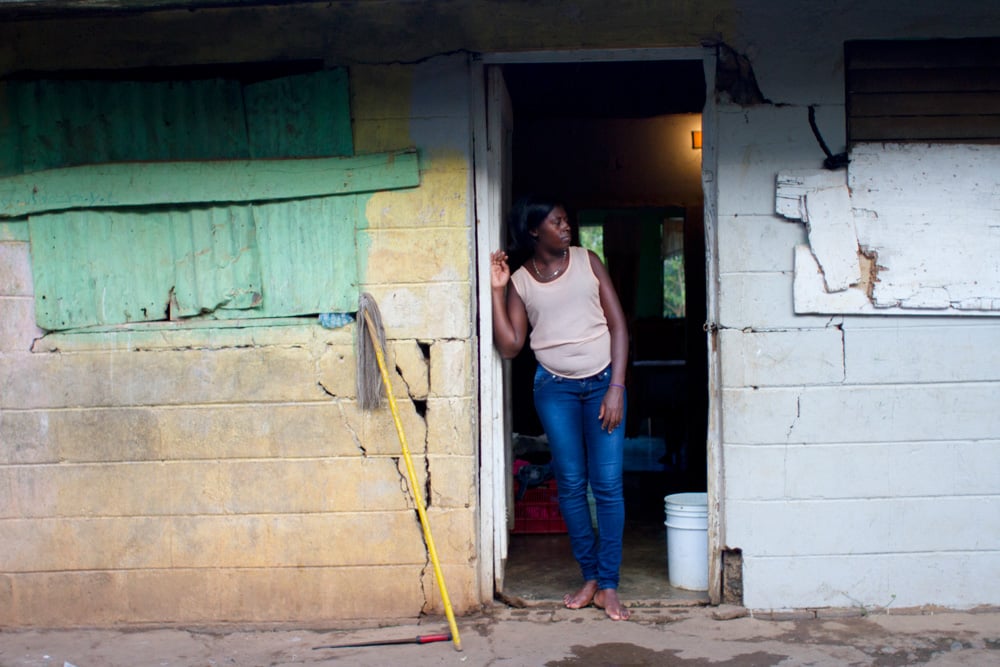
Story and photos by Jacob Kushner
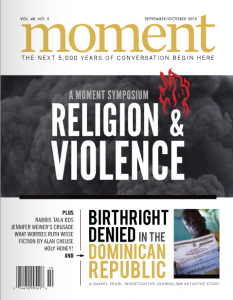 The campaign to expel the children of Haitian immigrants in the Dominican Republic is impractical. Their labor—and that of their parents—helped propel the Dominican economy last year to grow faster than all but one other country’s in Latin America, firmly establishing it as a middle-class nation. They are a significant part of the workforce in the booming construction and tourism industries that have helped transform the Dominican Republic into the most popular travel destination in the Caribbean.
The campaign to expel the children of Haitian immigrants in the Dominican Republic is impractical. Their labor—and that of their parents—helped propel the Dominican economy last year to grow faster than all but one other country’s in Latin America, firmly establishing it as a middle-class nation. They are a significant part of the workforce in the booming construction and tourism industries that have helped transform the Dominican Republic into the most popular travel destination in the Caribbean.
But in a chaotic democracy that has adopted 38 different constitutions over a century and a half, anti-Haitianismo is the one enduring notion that mainstream parties across the political spectrum can invoke with impunity. It is driven by the fervor of Dominican nationalists, and, in particular, by one powerful, ultra-conservative family and its allies. Together, they are waging a political, legal and media war to defend the Dominican Republic against what they believe is the nation’s gravest threat: Haitian immigrants and their children.
Read: Moment Magazine
In Haiti and the Dominican Republic, the lakes are flooding farmland, swallowing communities and leading to deforestation, baffling climate scientists.
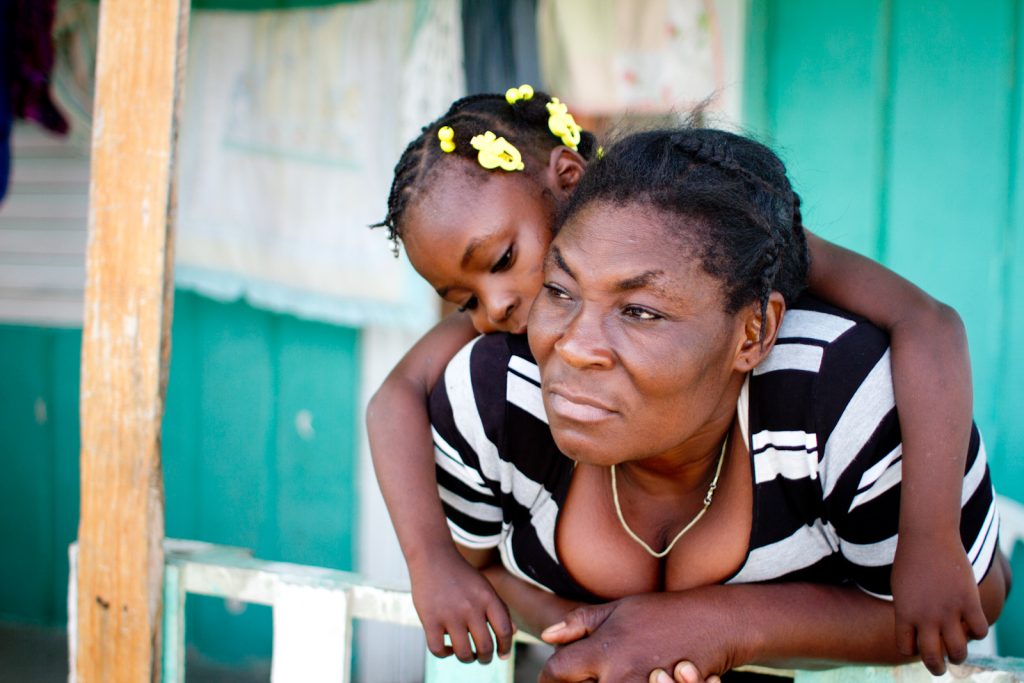
Jacob Kushner
Story and photos by Jacob Kushner for National Geographic
Photos and Story by Jacob Kushner for NACLA.
Story and Photography by Jacob Kushner for the Florida Center for Investigative Reporting and Type Investigations.

Photo/Amy Lombard
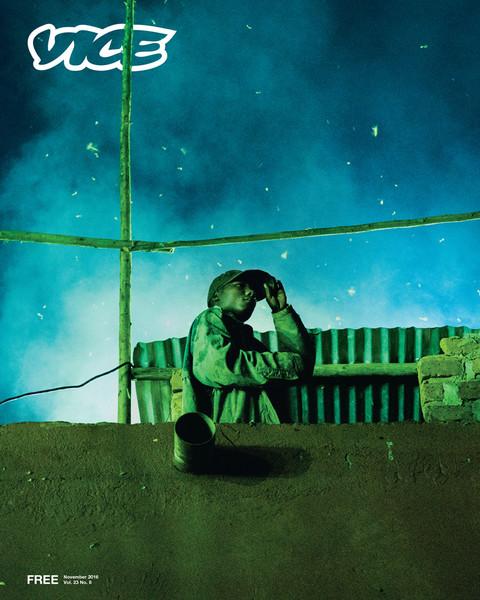
Meet Fathom, the world’s first-ever cruise for voluntourists: vacationers who don’t just want to do beaches, spas, and shopping, but do good.
Impact update: Two weeks after my VICE investigation published, Carnival Corp., the world’s largest cruise operator, announced it would discontinue the cruise.
Published in the November 2016 issue of
Listen: Tiny Spark
Uncertainty over land ownership is playing out across Haiti as the country attempts to attract foreign investment in tourism, mining, manufacturing, and agriculture—often without clear knowledge of who, precisely, owns what.
Read: The New Yorker
After Uganda passed what became known as the “kill the gays” bill, hundreds of LGBT Ugandans began fleeing across the border to Kenya, where they lived in hiding while applying for asylum—but a few Kenyans, like Lucas, fled in the other direction.
Read: Harper’s Magazine
In 2007, the Bill & Melinda Gates Foundation announced an ambitious endeavor: To eradicate malaria across the globe.
It was late to the game. That year, Chinese scientists working with a Chinese philanthropist had already begun eradicating malaria from the small African nation of Comoros. Now they’re setting their sights on a more ambitious location: Kenya, the East African nation of nearly 50 million people.
Read: The Atlantic

Listen: The China Africa Podcast
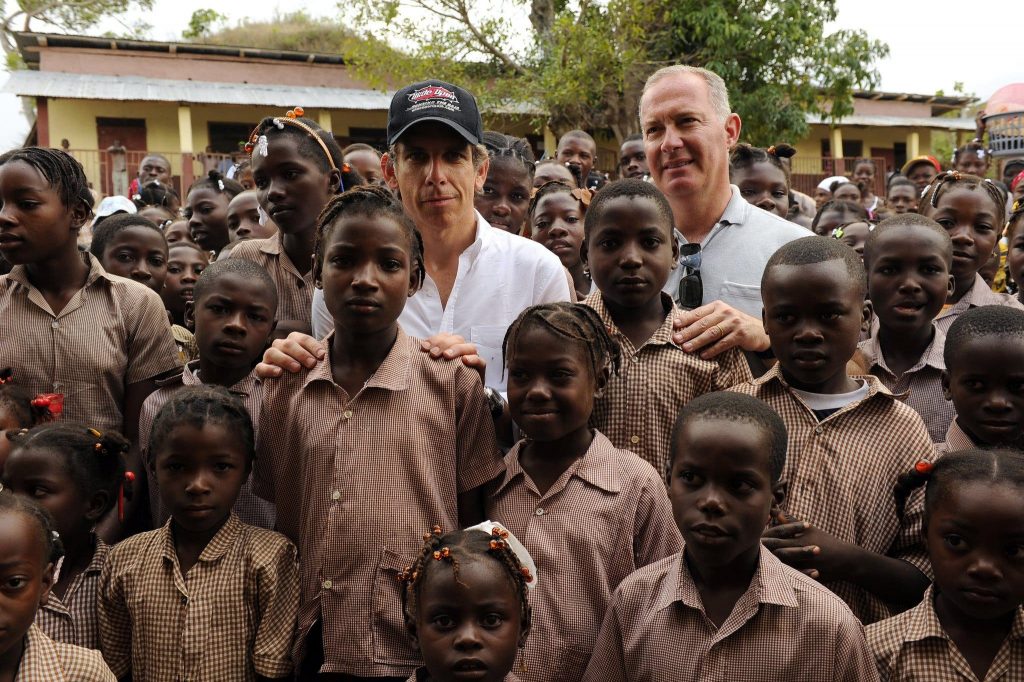
Photo: Ben Stiller visiting Port-au-Prince, Haiti, in April 2010 as part of a school-rebuilding project in which he was involved. Kevork Djansezian/Getty Images
Each year, 1.6 million voluntourists descend upon the Haitis of the world.
Read: The New York Times Magazine
The plight of Kenya’s LGBT Refugees
“God has a book of life,” Mugisa told his worshipers. “He remembers your name. But to be written in this book you need to do good.” Mugisa turned to his congregants. “Mulondo, Lujja, Kasule, Nansamba: You want to be able to say, ‘God, I served you when I was in Kakuma camp.’ You want to be able to say, ‘I served you in Uganda. Remember me. This is what I have done, remember me.'”
Mugisa glanced around his congregation of LGBT worshipers, catching the eyes of a few of them. Unable to ignore the trepidation on their faces, he comforted them. “Trust me—one day we will be out of this place.”
Honorable Mention (runner-up), 2016 Immigration Journalism Award, The French-American Foundation; Official Nomination, “Outstanding Magazine Article,” 2017 GLAAD Media Awards; Shortlist, 2017 One World Media Print Award.